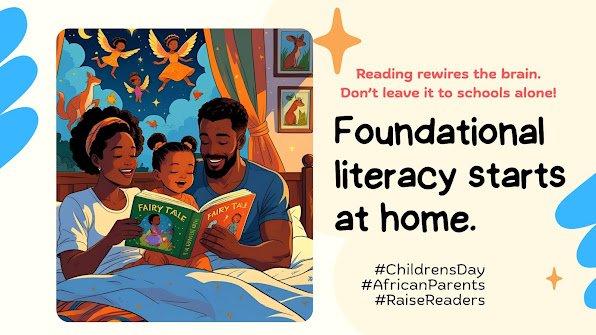Why Subject Matter Expertise Alone Is Not Enough for Teaching

Being a subject matter expert (SME) is valuable—but it is no longer sufficient for effective teaching at any level of education. Years ago, content mastery might have been adequate, especially when our understanding of how people learn was still evolving. However, extensive educational research now shows that learning is not linear . Learners rarely progress in a straight line from simple to complex; instead, they often oscillate between different stages of learning as they build toward higher-order thinking skills. This is why a deep understanding of the teaching and learning process is essential for anyone who stands in front of a class. The curriculum is not a script to be followed mechanically—it is a guide that the teacher must interpret and translate into meaningful learning experiences that help transform a novice into an expert. Teaching is Not Telling—It’s Translating Learners come with varying degrees of background knowledge, and often with gaps that must be id...





